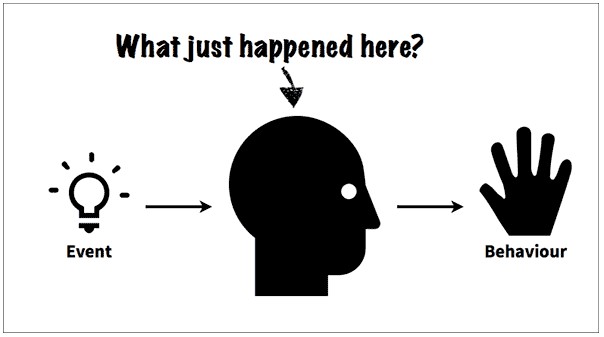Pervasive student disengagement is an international problem. Gamification and games are increasingly proposed as a promising technology for increasing engagement in a meaningful way.
In an ideal educational game setting, Continue reading
Pervasive student disengagement is an international problem. Gamification and games are increasingly proposed as a promising technology for increasing engagement in a meaningful way.
In an ideal educational game setting, Continue reading
During recent years modern ICT technologies have spawned two interwoven phenomena: gamification and crowdsourcing (CS) . The rapid diffusion of these technologies can be seen both in industry as well as in the academia. Today, multitude of different organizations employ CS as a way to outsource various tasks to be carried out by ‘the crowd’; a mass of people reachable through the internet. At the same time, business analysts have estimated that at least 50% of organizations have gamified some of their processes by 2015. As illustrated in the Figure, the body of literature on both CS and gamification has been rapidly growing. Moreover, these technologies appear together frequently: CS is one of the major application areas for gamification. Naturally, the main goals of CS in general are either cost savings or the possibility to innovate solutions that would be difficult to cultivate in-house. However, CS relies on the existence of a reserve of people that would be willing to take on tasks for free or for a minute monetary compensation. Therefore, CS tasks are increasingly gamified, that is, organizations attempt to make the activities more like playing a game in order to provide other motives for working than just the monetary compensation.

This is a guest post written by the graduate student Gustavo Tondello of the HCI Games Group. It has appeared on Medium and on the group’s homepage before. We encourage the discussion on Medium.
In the last few years, there has been a growing interest in the application of game elements to real-life goals and tasks. These efforts are often directed towards self-improvement, encouraging positive lifestyle changes, and increasing motivation to complete work objectives. The idea of using games to modify activities that are not traditionally considered games is not new. Games have been used to support real-life objectives many times in the past, such as sports being used to motivate exercise and healthy habits, or simulation games being used for training or skill development. This idea has now become especially popular. In the past decade, it has drawn a fair amount of interest both from academics and practitioners, because of two trends in modern culture: 1) Digitalization, which results from increased access to digital and mobile technologies that are now pervasive in our everyday lives, and 2) Ludification, which consists of the introduction of elements of playfulness into our lives and culture.
But how can games and play help achieve real-world goals? Play is often viewed as an activity of pure entertainment or leisure, which lacks the commitment to accomplish real-world goals, such as personal, educational, or business objectives. Thus, by introducing elements of play into the execution of similar tasks, will we not risk undermining commitment to the accomplishment of the intended goals? Or is it possible to instead use playful and gameful design to increase motivation to accomplish these tasks? Continue reading

This is a guest post written by the undergraduate student Samantha Stahlke of the HCI Games Group. It has appeared on Medium and on the group’s homepage before. We encourage the discussion on Medium.
As a first-year wading (well, cliff-diving, really) into the depths of academic research reports last fall, I was struck with what you might call “jargon fatigue.” Though I was no stranger to general scientific reading, upon broaching the field of game research, I was quickly overwhelmed by a veritable tsunami of seemingly obscure terms related to the research fields surrounding statistics, sociology, and design theory.
Clinging to nothing but a thesaurus and a handful of Wikipedia links, I pulled through, and now proudly report that I understand what a MANOVA is, even if in the most simplistic and inevitably misinformed of ways. One word, despite its status as a seemingly obvious portmanteau, remained somewhat of a cryptic mystery in its meaning: gamification.
Ask any academic what the term “gamification” means and they will no doubt provide you with an informative cascade of phrases related to system design, repurposed game mechanics, “tangible progression,” motivation, and task management. However, like verbose snowflakes, no two answers will be the same. In fact, a number of papers regarding gamification have been written for the sole purpose of defining the term (including one co-authored by our group director). Continue reading
 The study by Mekler and colleagues doesn’t disprove the undermining potential of gamification: It shows that simplistic debates whether gamification “does” or “doesn’t work” are obsolete – as are mere effect studies. From this point on, without proper theories and mediation studies testing them, gamification research won’t learn anything new or important. Continue reading
The study by Mekler and colleagues doesn’t disprove the undermining potential of gamification: It shows that simplistic debates whether gamification “does” or “doesn’t work” are obsolete – as are mere effect studies. From this point on, without proper theories and mediation studies testing them, gamification research won’t learn anything new or important. Continue reading